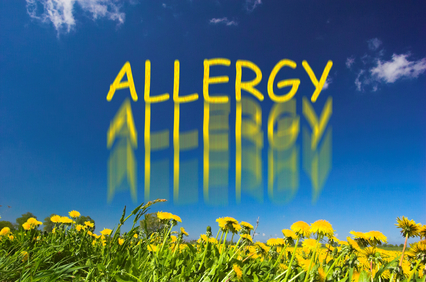The world is a dangerous place. All you have to do is turn on your television or read a news article to realize that. Everywhere you look, there are reports of shootings, bombings, and disasters.
It seems that our health is at greater risk than ever before as well. New strains of antibiotic resistant infections are becoming common. Every year there seems to be a new strain of influenza working its way around the globe.
Of course, there are cures. On television, the internet, everywhere you look you can find a solution to anything that ails you. The side effects of the cure are often worse than the illness.
It’s difficult to find facts in all of the hype that surrounds us but the facts are out there regarding your health. Not only are there many common sense things that you need to know, but amazing discoveries are being made every day.
You know the basics about cancer and how you can prevent some of the most common forms. Getting rid of cigarettes, wearing sunscreen if you’re going to be outside, and eating antioxidant-rich foods are just a few of the ways you work to keep your body healthy.
Chances are, you don’t routinely handle unshielded radioactive waste or inhale the exhaust fumes of your car.
On the other hand, you probably don’t routinely read scientific journals either. It’s a shame that you don’t, because you’re missing fascinating information. Recently a paper was published making a surprising connection most of us would not have expected.
The link between allergies and cancer.
The study’s findings, published in the December 2013 issue of American Journal of Hematology, indicated a link between certain blood cancers in women with a history of allergies.
It was a large study, comprising over 66,000 individuals. Interestingly enough, the data only shows a connection between allergies and cancer in women. It was the first research of its kind but is certain not to be the last.
The study found an association between blood cancers and women with a history of certain airborne allergies – specifically grass, plants, and trees. Other allergies didn’t seem to play a significant factor.
The cat can stay unless you’ve been looking for an excuse to get rid of him.
For years, researchers have focused on the immune system and the role it plays in the development of cancer. Clinical trials are currently underway at the Cincinnati Cancer Center and the UC Cancer Institute in an attempt trigger the immune system to inhibit the growth of cancer cells.
Historically, the immune system’s inability to recognize cancer cells as bodies that need to be attacked and destroyed has been a hurdle that medical science has attempted to overcome. If the body recognized the cancer cells, it would fight the intruder itself.
When an allergic response triggers the immune system however, you have a different situation. Though this is a new study, the research indicates that both over-reactive and under-reactive responses by the immune system could potentially lead to problems.
There are limits to the study itself. Though the average participant took part for approximately eight years, the researchers only had access to the information they were given. If an individual claimed to have an allergy or to have taken a certain medication, it went into the report.
So where does this leave you now that you know about the connection between allergies and cancer? If you’re a woman with hay fever, does this mean you’re destined to get blood cancer?
Not necessarily. You need to know about the association so if you have airborne allergies, you can continue watching the developments of this research. I’ll certainly be keeping my eye on it.
Reading medical studies isn’t exactly an exciting use of your time – but knowledge is power when it comes to your health and well-being.
